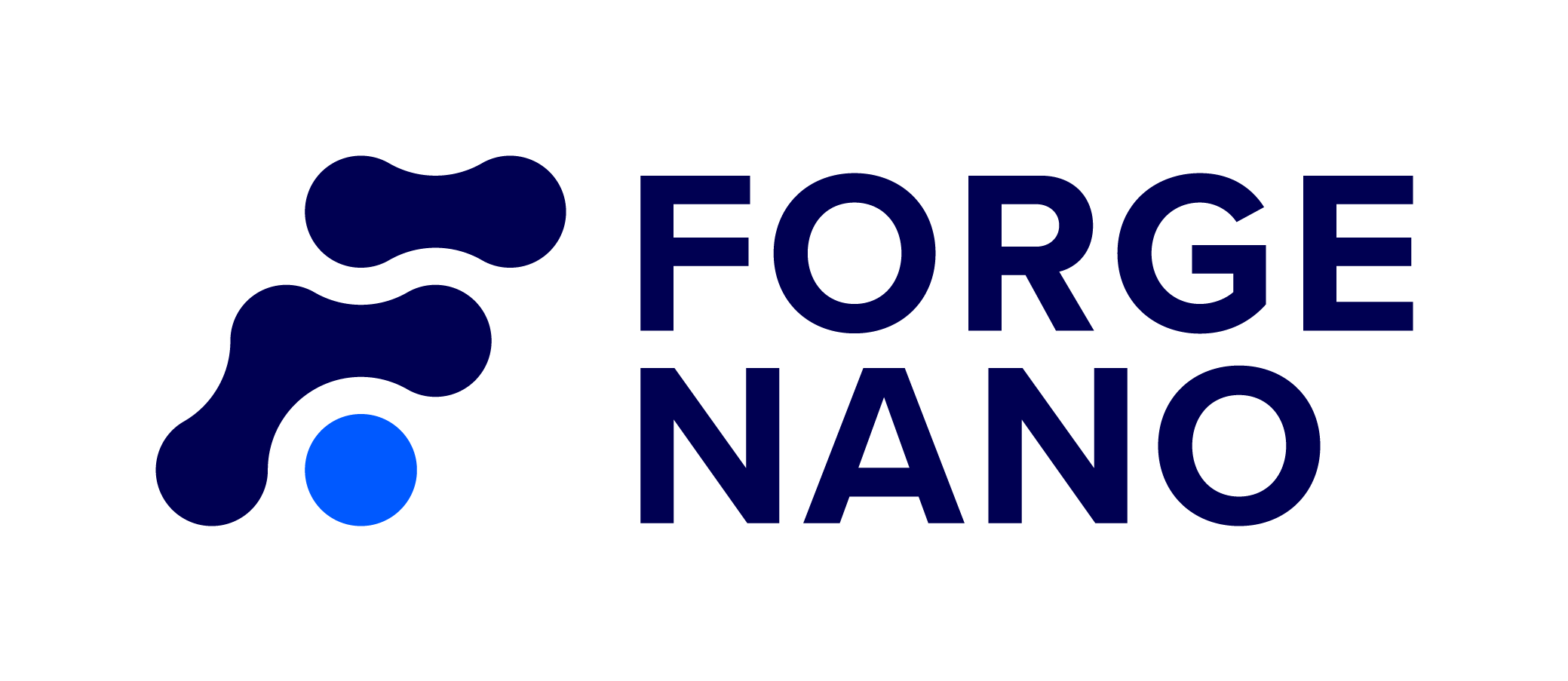Forge Nano awarded 5-million-dollar Department of Energy grant for catalyst optimization.
Forge Nano awarded 5-million-dollar grant to improve chemical manufacturing efficiency using proprietary Atomic Layer Deposition technology.
Catalysts play a profoundly vital role in major industrial sectors of the world’s economy, from petroleum (oil and gas), to chemical production (e.g., polymers/plastics), and even the food and beverage industry.
In January 2021, the U.S. Department of Energy’s (DOE’s) Office of Energy Efficiency and Renewable Energy (EERE) announced grant winners/awardees of the Advanced Manufacturing Office FY20 Multitopic FOA. Forge Nano was awarded $5-millon to further understand the specific mechanisms at play with ALD overcoating of catalysts for chemical manufacturing.
Forge Nano will leverage its low-cost atomic layer deposition (ALD) processes to overcoat catalysts with protective layers that inhibit sintering and coking, while simultaneously enhancing selectivity.
Experiments have shown that we can design a catalyst that is extremely stable, robust and more selective to reduce the energy consumption of chemical manufacturing. Through complimentary modeling and experimental measurements, with Oregon State University and Idaho National Laboratory, the benefits of ALD chemical manufacturing efficiency will be fully validated.
The most impressive benefit of atomic layer deposition (ALD) overcoating is the product selectivity enhancement. Better selectivity means cheaper, more efficient production of consumer goods and fine chemicals. It also means less environmental impact by reducing greenhouse gas emissions. Forge Nano will reduce the energy footprint of a wide array of commodity and specialty chemical manufacturing processes using ALD.
As part of an AMO supported project with Argonne National Lab and Honeywell UOP (DE-EE0008328), Forge Nano has demonstrated that the benefits of our proprietary ALD overcoated catalysts translate to industrial scale and that the ALD overcoat process can be highly economical.
Forge Nano’s atomic layer deposition equipment will enable catalysis research and production at the atomic level. Utilizing Forge Nano’s platform technology for atomic layer deposition (ALD), researchers will determine how ALD can be used to engineer catalysts, creating cleaner more precise reactions for chemical transformations. The Neumann Lab at Max Planck Institute in Germany has installed their PANDORA system for studies to tailor catalysts and create order from chaos using ALD.
“I applaud your efforts and commitment to the science community. Research and innovative development in the State of Colorado is important for our future. I look forward to hearing about your future accomplishments.”
-Congressman Ed Perlmutter, 7th District Colorado
“Catalysts are essential for our modern society. Using our atomic level engineering helps to create better materials which are more efficient for targeted reactions. The scale of manufacturing that relies on catalytic process represents a huge opportunity to improve efficiency and decrease carbon emissions. Our breakthroughs will have huge societal benefits. We are helping our customers around the world, make their products better and cheaper, by giving them atomic level control. Research solutions like our PANDORA and PROMETHEUS systems enable a whole new wave of materials innovation, unlike anything ever seen before.”
-Dr. Paul Lichty- CEO Forge Nano.
From energy storage materials to pharmaceutical research, Forge Nano’s Atomic Layer Deposition platform makes products better from the atoms up. Forge Nano’s suite of ALD technologies can be found in various products from Li-ion batteries, high reliability electronics, vaccines and more.
